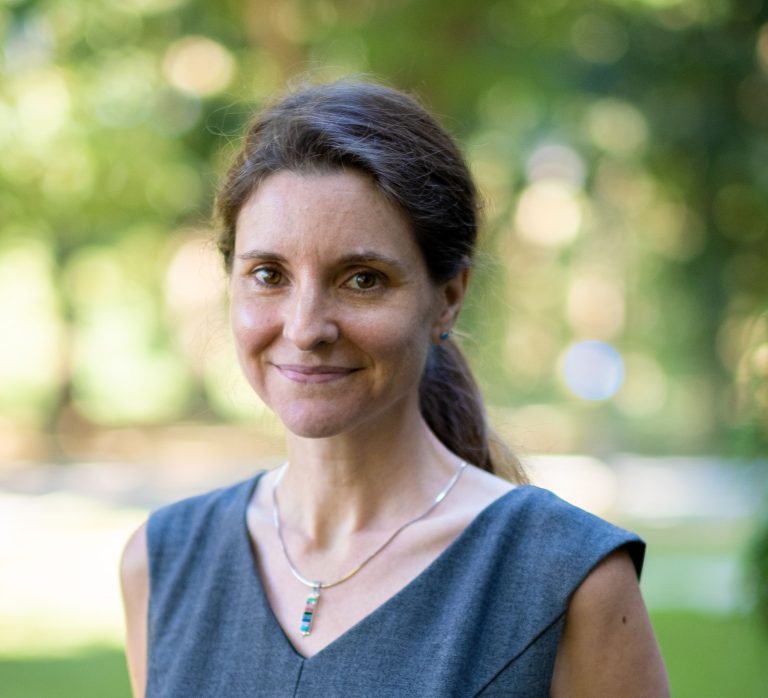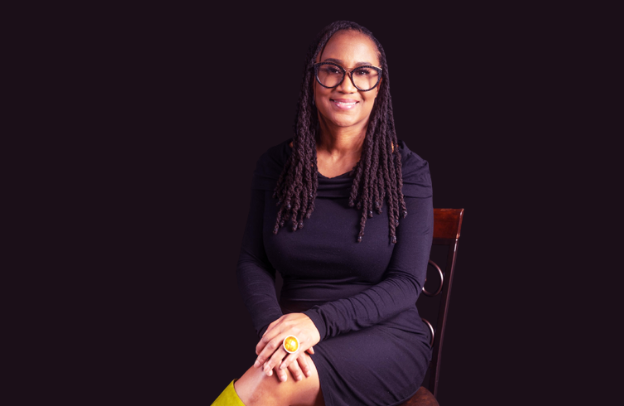The Crucial Role of Financial Education and the Handing Down of Generational Baton – Nicola Samuda

Imagine a world where you not only rise above financial hardship but also create lasting wealth that empowers generations to come. What would it take to transform a legacy of struggle into one of abundance and opportunity, for your children, and their children after them? The truth is that as an African diaspora entrepreneur, your journey holds the potential to ignite that transformation, not just for yourself, but for your entire community.
Learn How to Leverage Your Story through our Story To Asset Framework.
These are the powerful themes we will explore today, drawing insights from Nicola Samuda’s conversation on The Obehi Podcast, where she spoke about The Crucial Role of Financial Education and the Passing of the Generational Baton.
Her story is a compelling reminder that true wealth isn’t just earned—it’s taught, shared, and passed on.
See the full podcast interview with Nicola Samuda
But the truth is, change isn’t automatic. It’s up to you to create the kind of future you envision—for yourself, your children, and for everyone who’s looking to you for inspiration.
What Is Generational Wealth?
Generational wealth refers to the financial assets, resources, and opportunities that are passed down from one generation to the next. This can include money, investments, real estate, businesses, or even financial education and access to networks that help descendants maintain and build upon that wealth.
See also Understanding Financial Literacy and Generational Wealth With Latasha Ramsey-Cypria
Unlike income, which is earned and spent regularly, generational wealth is designed to last, creating a foundation that future family members can build upon for financial stability, education, homeownership, and entrepreneurship.
Creating generational wealth is especially powerful because it helps break cycles of poverty and provides a head start for future generations. It’s not just about leaving money behind—it’s about transferring knowledge, values, and tools that allow each generation to make informed financial decisions.
For communities that have historically been excluded from wealth-building systems, such as many in the African diaspora, building and preserving generational wealth becomes a crucial step toward equity, empowerment, and long-term prosperity.
The Scarcity Mindset: Where Does It Come From?
You’ve likely heard it before—the idea that “there’s never enough.” The scarcity mindset is ingrained in many of us, especially those of us from the African diaspora. Whether it’s due to historical factors like colonialism or systemic economic challenges, the notion of financial limitation has been passed down through generations, subtly shaping how we think about money and wealth.
This mindset, Nicola Samuda shared with Obehi Ewanfoh during the interview, isn’t just about dollars and cents. It’s a belief system that affects everything from how we spend to how we save and invest, or even whether we feel it’s possible to break free from financial struggle.
For many, this scarcity mentality is inherited from our ancestors—those who lived through poverty, migration, and the hardships of creating a life from scratch in new countries.
See also Growing and Sustaining Your Podcast Over the Long Term
But here’s the thing: financial scarcity is not an inevitable part of your story. It’s a mindset—a belief that can be broken with the right tools, knowledge, and guidance. Understanding the power of financial education is the key to moving beyond this scarcity mindset, and it starts with you.
Financial Education: The Bridge from Scarcity to Abundance
The African diaspora has incredible potential to build wealth—if we can break free from this long-standing belief that there’s never enough. One of the most effective ways to do that is by passing on financial literacy to the next generation.
Financial education isn’t just about understanding how to manage money—it’s about changing the way we view it. It’s about taking control, making intentional choices, and investing in opportunities that allow wealth to grow.
By teaching your children about financial principles like saving, budgeting, and investing, you’re giving them the tools they need to create a life of independence and abundance.
There’s a growing body of evidence that shows the impact of financial education on communities. According to a 2020 report from the African American Economic Empowerment Initiative, Black Americans who received financial education were more likely to save and invest for the future, ultimately increasing their financial security and reducing generational poverty.
For African diaspora communities around the world, this data points to a powerful opportunity for change—one that can be led by entrepreneurs like you who are already making strides in business.
By sharing your story and the lessons you’ve learned, you can show others in your community that breaking free from scarcity is not just a dream, but a tangible reality. Your financial decisions can inspire others to take action, whether it’s through starting their own businesses, investing in property, or simply shifting how they think about money.
Storytelling as a Powerful Tool for Financial Education
This is where storytelling becomes crucial. For centuries, storytelling has been the vehicle through which African cultures have passed down knowledge, wisdom, and history.
Whether through oral traditions or written narratives, stories have connected generations, provided guidance, and shaped identities. The same power of storytelling can be harnessed today to teach financial literacy and shift mindsets within the diaspora.
When you share your entrepreneurial journey—the mistakes, the successes, and the lessons learned—you offer more than just advice. You offer a living example of what’s possible when we step outside of our comfort zones and embrace new financial strategies.
You’re not just telling people to take risks; you’re showing them how you’ve taken risks and how those risks have paid off.
Think about the impact of podcasts like Obehi Podcast, which engages leaders from diverse sectors to share their experiences on topics like entrepreneurship, storytelling, and financial literacy.
It’s through these conversations that we see the power of storytelling in action. Leaders like Nicola Samuda, an entrepreneur with a legal background who transitioned into consultancy, provide invaluable insights into how to navigate the challenges of financial independence. By leveraging personal narratives, they provide a relatable blueprint for others in the community to follow.
Through the stories shared in these interviews, diaspora entrepreneurs are reminded that the challenges they face are not unique to them—they are part of a larger narrative that spans generations. And by understanding this collective story, they can begin to see their own role in rewriting it.
The Role of Mentorship: Passing the Baton
You’ve heard it said before: “Children do what they see, not what they’re told.” If you want to teach financial independence to your children, you can’t just talk about it—you have to show them. Lead by example.
See also The Power Of Mentorship for African Diaspora Small Businesses
One of the most powerful ways to pass on financial wisdom is through mentorship. This doesn’t always have to be a formal relationship; it can be as simple as guiding your children or younger members of your community in their financial decisions. Show them the importance of budgeting, of saving and investing, and of thinking long-term about money.
This is where the power of mentorship within the diaspora comes into play. A 2019 study by the National Bureau of Economic Research found that mentorship programs have a significant impact on helping individuals from marginalized communities access financial opportunities.
Through mentorship, you can expose the next generation to business opportunities they might not otherwise have considered, from property investment to entrepreneurship. You can help them build their own businesses and grow their wealth.
Changing the Story: Practical Steps for the African Diaspora
It’s not enough to just talk about financial education—you need to act on it. Start by embracing the simple steps that can lead to long-term financial success. Here are a few practical tips for you to consider as you navigate your entrepreneurial journey:
- Invest in Financial Literacy: The first step to breaking free from the scarcity mindset is to understand how money works. Take time to learn about budgeting, investing, taxes, and passive income streams. Share this knowledge with your children and others in your community.
- Lead by Example: Show your children what it means to take financial risks responsibly. Let them see you building your business, investing, and growing your wealth.
- Mentorship: Find a mentor or become one. Whether it’s through online platforms, local meetups, or community groups, mentorship can provide valuable guidance in your financial journey.
- Invest in Assets: Start investing in assets that build wealth, like real estate, stocks, or businesses. This is one of the most reliable ways to break free from financial scarcity and create long-term stability.
Shifting the Narrative for the Next Generation
The scarcity mindset has ruled for long enough. The advice from Nicola Samuda is it’s time for you to step into your role as a changemaker—not only for your own business success but for the empowerment of future generations.
Your financial story, shared through storytelling and mentorship, can help rewrite the narrative of the African diaspora from one of limitation to one of possibility.
By embracing financial education and passing down these lessons to your children, you’re giving them the keys to financial independence. You’re handing them a baton that carries the hope of a brighter, more prosperous future. So, what are you waiting for? The future is in your hands—and it starts today.
Learn How to Leverage Your Story through our Story To Asset Framework.





